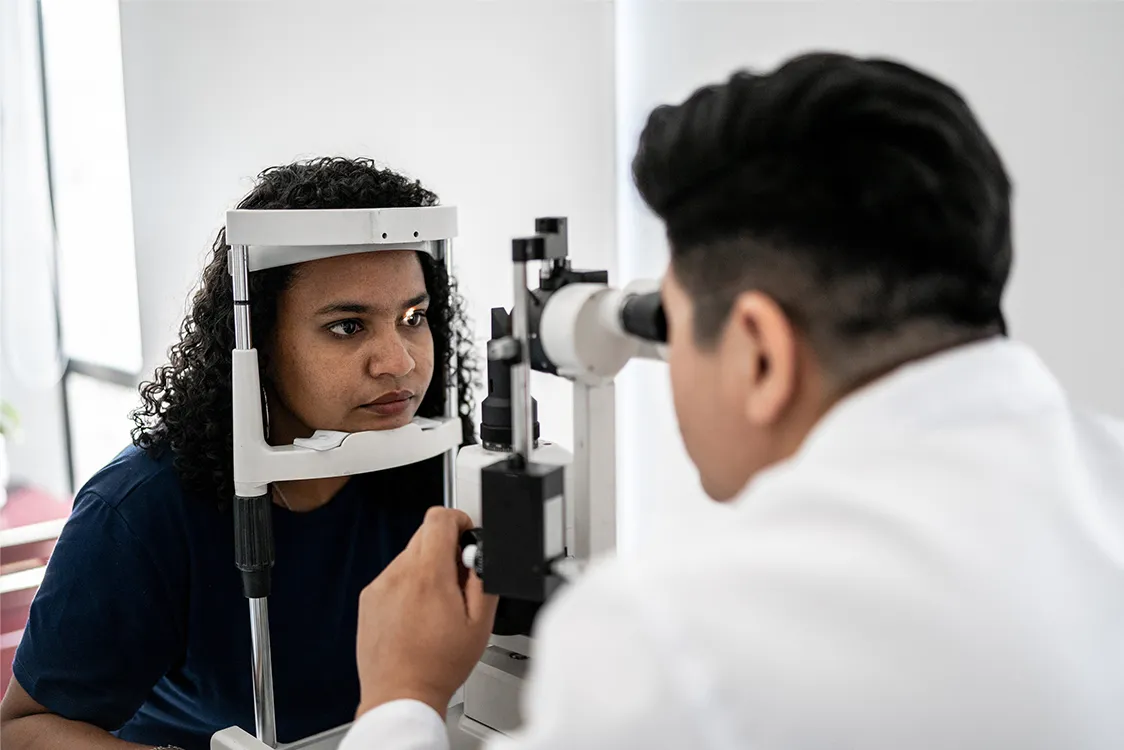Premenstrual mood swings and anxiety are common among women, making it a “key public health issue globally,” according to a recent study.
According to research, these symptoms, which 64% of women reported having, interfere with their daily lives.
According to senior study author Dr. Jennifer Payne, director of the Reproductive Psychiatry Research Program at the University of Virginia School of Medicine, “our study demonstrates that premenstrual mood symptoms are prevalent worldwide.” Most women reported that premenstrual symptoms occasionally interfered with their daily lives.
For the study, the researchers used an app called Flo, which aids women in keeping track of their menstrual cycle, mood, and physical symptoms, to analyze more than 238,000 survey responses from women ages 18 to 55 in 140 countries.
Over 85% of the women who responded to the survey reported craving food, 64% mentioned mood swings or anxiety, and 57% noted fatigue. Nearly 29% of participants said their premenstrual symptoms occasionally interfered with their daily lives during each menstrual cycle.
In a university news release, Payne stated that “the incidence of reported premenstrual mood and anxiety symptoms varied significantly by country, from a low of 35.1% in Congo to a high of 68.6% in Egypt.” According to the study, understanding the biological or cultural differences contributing to country-level rates will be a crucial area of future research.
Inattention, a low libido, changes in sleep patterns, gastrointestinal symptoms, weight gain, headaches, sweating or hot flashes, fatigue, changes in hair, rashes, and swelling were more frequently reported by older respondents. The researchers concluded that this “makes sense” given that many of these symptoms are also linked to perimenopause, a period when women experience symptoms like irregular menstrual cycles as they approach menopause.
Payne hopes that the results, recently published online in the Archives of Women’s Mental Health, will assist women in receiving better care by allowing medical professionals to understand how frequently women experience these symptoms.
Premenstrual symptoms that interfere with a woman’s daily functioning can be treated using a variety of methods, according to the expert. Women’s quality of life will be improved by raising awareness of how widespread these symptoms are and the fact that there are treatments available if they interfere with functioning. To know how to curtail these symptoms, regular gynaecologist visits should be done.





